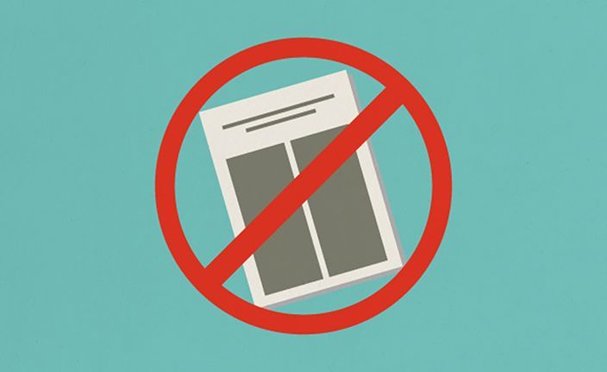
No paper, no PhD? India rethinks graduate student policy
A committee has recommended scrapping a rule that requires PhD students to publish articles.

13 June 2019

PhD students in India will no longer be required to publish articles in academic journals before they are awarded their doctorates, if the country’s higher-education regulator adopts recommendations from a committee of researchers.
The University Grants Commission (UGC) currently requires PhD students to publish at least one article in a peer-reviewed journal and present two papers at conferences or seminars before they submit their doctoral thesis for marking. India is unusual in having a national publication policy for PhD students; in many other countries, institutions set their own requirements.
But last year, the UGC appointed a committee of researchers from the sciences and humanities to examine this requirement, among others. The committee suspects the publishing requirement has contributed to a flourishing of poor-quality journals that offer to publish papers quickly for a fee, without providing services such as editing and peer review, says Padmanabhan Balaram, chair of the committee and a biochemist at the Indian Institute of Science in Bengaluru.
The Indian government has previously promised to crack down on predatory publishers.
The committee has recommended that the UGC change its policy and require universities to assess PhD candidates by holding an examination mid-way into a PhD programme and require candidates to defend their thesis in an oral exam, Balaram says. The UGC has yet to accept the committee’s recommendations, he says. The UGC is expected to respond in June.
Unfair delays
Mukund Thattai, a computational biologist and head of academic activities at the National Centre for Biological Sciences in Bengaluru, thinks the recommendations are a good idea. He says that every year, about one-quarter of PhD students at the centre have to delay receiving their PhDs, mostly because they have not met the publishing requirement. Getting published in disciplines such as mathematics or biology can take more than a year, he says.
“It’s unconscionable to make students wait” for a journal publication, Thattai says. He adds that they are often “unable to even get another job, because they are still waiting for their degrees”.
Other scientists say that doing away with the publication requirement won’t eliminate low-quality work. A biased review committee could accept a substandard thesis, whereas requiring a publication usually ensures at least some external peer review, says Gautam Menon, a computational biophysicist at the Institute of Mathematical Sciences in Chennai. It isn’t unreasonable to require scientific scrutiny of the results presented in a thesis in the form of one published paper, he says.
Papers in peer-reviewed journals are also a good way of assessing candidates who apply for postdoctoral positions, says Ajit Kembhavi, an astrophysicist at the Inter-University Centre for Astronomy and Astrophysics in Pune. But he agrees that publication incentives create issues when they promote proliferation of poor-quality papers.
Balaram thinks that institutes awarding PhDs should be held responsible for maintaining academic standards. “It’s very hard to have a central regulation which then is imposed on everybody, because the moment you impose these regulations, people find a way of getting around it,” he says.
Read next
India’s pick of institutions for prestige list draws fire
India picks up the pace against emerging economies
This article was first published on nature.com
